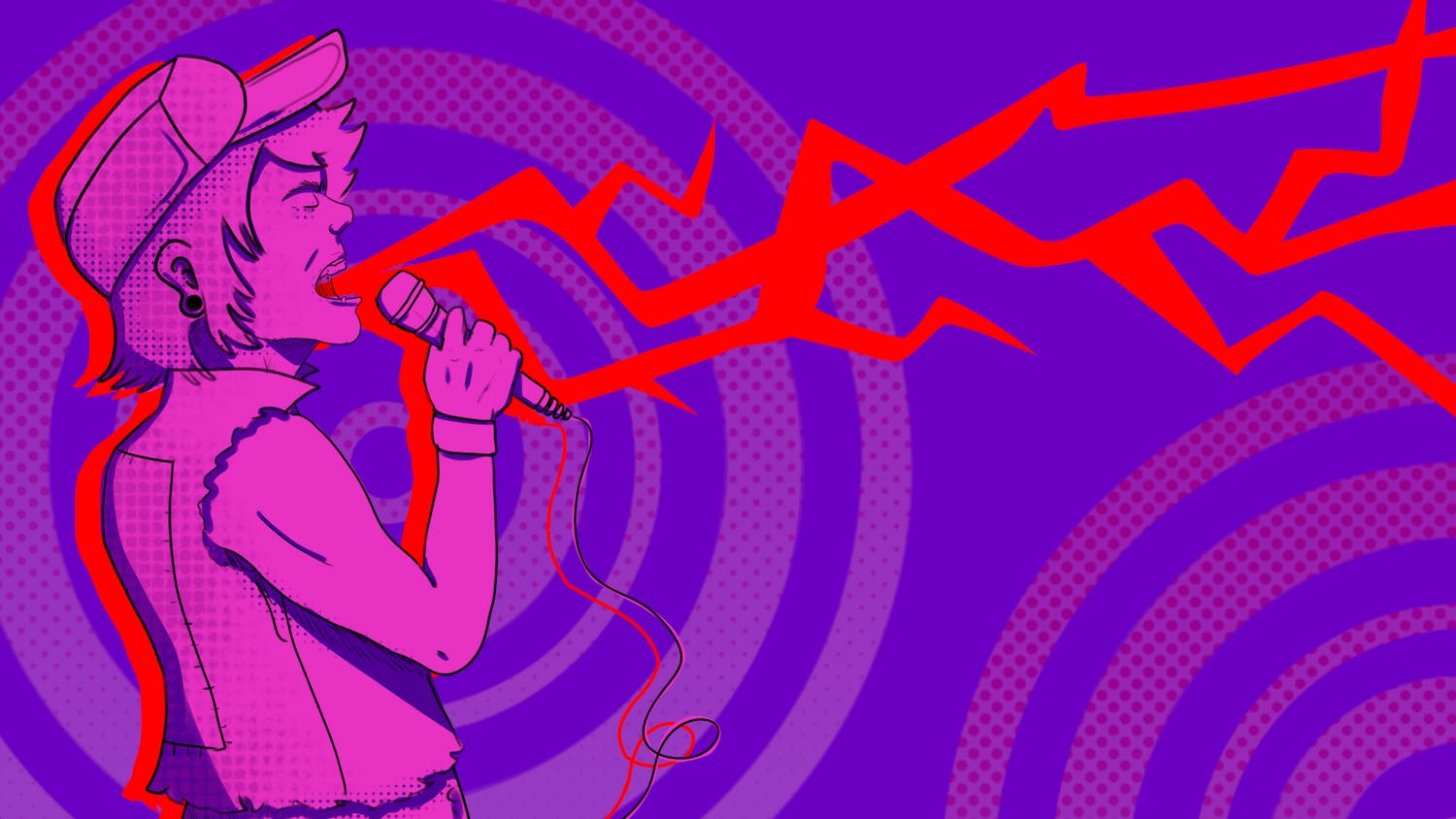There are few arts quite as controversial as comedy.
Given the inherently polarizing and shocking nature of humor, it’s no surprise people don’t always respond well.
Even the most renowned historical jokesters have been subject to criticism for their jokes, like Jonathan Swift was after his “A Modest Proposal” suggested eating Irish babies to combat famine and poverty or Mark Twain was for the racism within “Adventures of Huckleberry Finn.”
This legacy continues, even today.
Off-color comedians like Louis C.K. or Anthony Jeselnik continue to make fun of anything and everything, but it seems the criticism toward this sort of humor has increased in recent years with the growing politically correct movement and the push for social justice. So I’d like to present a light defense of dark humor.
Now I’ll be the first to admit there are some limits to how far you can go with dark jokes.
First and foremost, you can’t believe what you’re saying. If you’re talking about doing something terrible or perpetuating a stereotype, you’re assuming a persona, and in doing so, you create a divide between your opinions and the opinions that you’re spouting.
This is crucial, and it’s what differentiates the racism in “Huckleberry Finn” — a commentary insulting racist attitudes — from the racism spouted by your Uncle Dave during Thanksgiving dinner.
More importantly the joke has to be funny. If it’s not, you’re just saying something disturbing, and there’s nothing to be gained there.
This means telling these jokes is a carefully balanced art form.
You have to be able to discern when your comment is too much and when it’s got that necessary bit of acerbic wit. A great example of this is comedian Michael Richards.
To most, Richards is simply known simply as Kramer from “Seinfeld”. That’s because of his great acting on the show but also because of how his career faltered afterward.
After Seinfeld’s conclusion, in 2012 Richards was doing a stand-up routine in a comedy club when some black viewers sat down. To mock them for being late, he started to call them the N-word as a joke. Realizing no one found this funny, he doubled down, trying to emphasize the fact that he was joking. The result was a racist rant that contributed enormously to the death of his career.
Now this instance was not good, I completely agree. Richards misjudged the situation and, in doing so, said things that were awful and unfunny.
Admittedly, it’s a fine line between “Oh my god, that’s hilarious” and “I’m calling the bias response team.”
In telling these jokes, you have to judge your audience and gauge their reaction. While Richards didn’t have intent to be racist, he wasn’t funny, and that’s what matters when telling this sort of joke.
Much like an Allen Ginsberg poem, not everyone enjoys dark humor, and that’s fine, I’m not telling you what to like or dislike. My only request is pointed towards the social justice community.
The next time you hear someone tell an offensive joke, ask yourself “Do they actually believe this?” and “Was it clever?” If both are true, realize they’re not insulting or targeting anyone.
It’s not about racism, 9-11 or Princess Diana. It’s about comedy.
ctdombro@indiana.edu
@DoctorThaddeus





